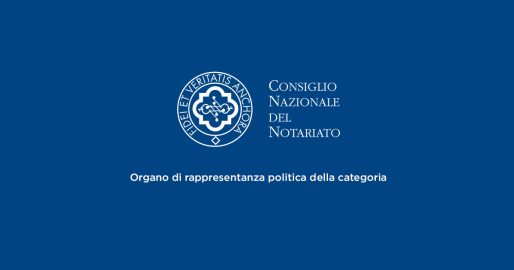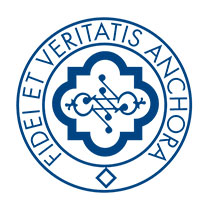Per fornire le migliori esperienze, utilizziamo tecnologie come i cookie per memorizzare e/o accedere alle informazioni del dispositivo. Il consenso a queste tecnologie ci permetterà di elaborare dati come il comportamento di navigazione o ID unici su questo sito. Non acconsentire o ritirare il consenso può influire negativamente su alcune caratteristiche e funzioni.
L'archiviazione tecnica dei cookie di questa categoria effettuata all'accesso è strettamente necessaria al fine legittimo di consentire l'uso di un servizio richiesto dall'utente, o al solo scopo di effettuare la trasmissione di una comunicazione sulla rete web.
L'archiviazione tecnica o l'accesso sono necessari per lo scopo legittimo di memorizzare le preferenze che non sono richieste dall'abbonato o dall'utente.
L'archiviazione tecnica o l'accesso che viene utilizzato esclusivamente per scopi statistici.
L'archiviazione tecnica dei cookie di questa categoria effettuata per l'accesso viene utilizzata esclusivamente per scopi statistici anonimi. Senza coinvolgere il vostro Fornitore di Servizi Internet, o effettuare ulteriori registrazioni da parte di terzi. Le informazioni memorizzate o recuperate per questo scopo da sole non possono essere utilizzate per l'identificazione.
L'archiviazione tecnica dei cookie di questa categoria effettuata al momento della fruizione di contenuti di terze parti presenti in modalità embedded o quando invocate per la condivisione sui canali social, viene utilizzata da parte di YouTube, Meta e Twitter per creare profili di utenti ed inviare pubblicità, o per tracciare l'utente su un sito web o su diversi siti web per scopi di marketing. Tali informazioni non restano memorizzate da parte del sito web del Consiglio Nazionale del Notariato. Se non viene fornito il consenso all’utilizzo di tali cookie, alcune parti del sito non saranno disponibili all’utente.






